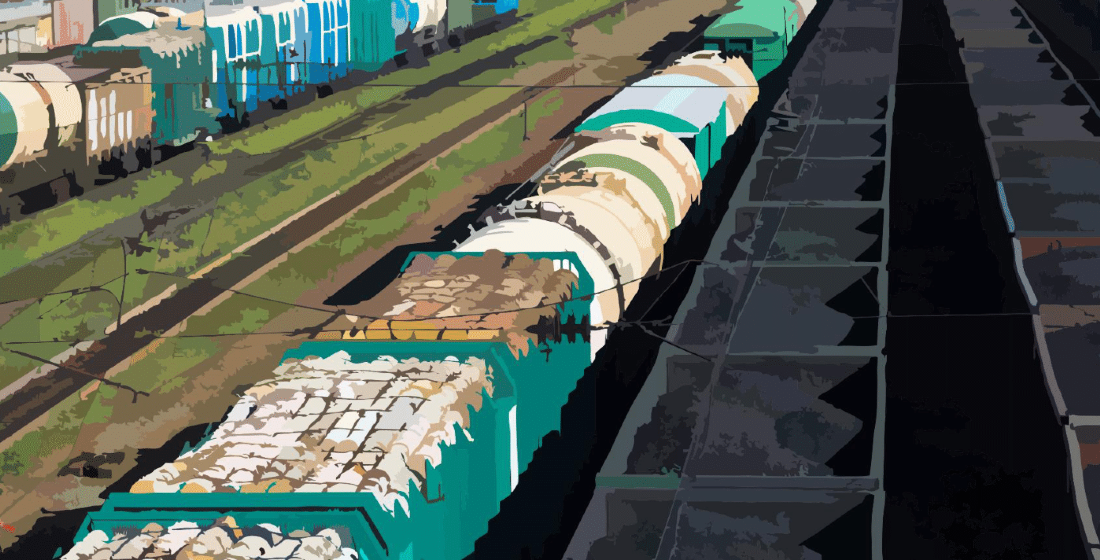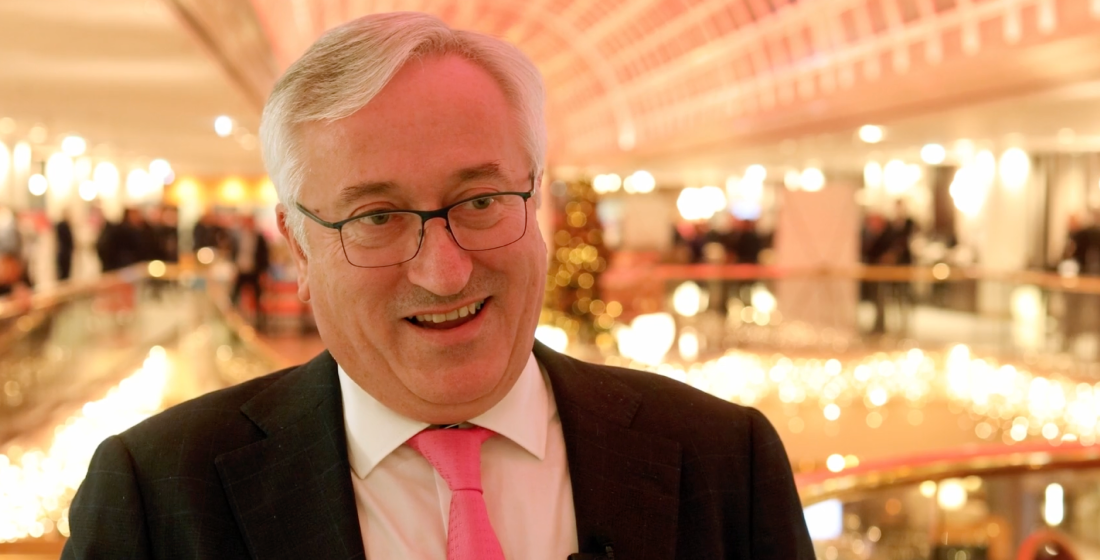Commodity Finance Industry Report: A digest
TXF’s Commodity Finance Industry Report 2023 is hot off the press after garnering market sentiment from across the spectrum of commodity trade finance practitioners – including corporates, banks, lawyers, insurers, and brokers – in a year of volatility for the industry.

From the commodity trader liquidity squeeze – with margin calls and the exit of some of the most active commodity finance banks – to the rise of alternative lenders and the security of supply to the push for mining to drive energy transition, the report is a comprehensive digest of the latest market trends and sentiments.
2022 was a year in which the commodities sector was marred with geopolitical and macroeconomic implications. Russia’s invasion of Ukraine impacted commodity supply and demand globally, particularly food and energy prices and security. In short, the focus on security of supply and decarbonising societies away from carbon-intensive assets have all amplified in the wake of the pandemic and the crisis in Ukraine.
Security of supply
Despite the steady demand for base metals due to its integral role in the building of green infrastructure and energy transition, there has been a lack of investment in new mines over the last decade. This could cause serious supply issues and therefore push up prices, as it can take 5-10 years for metals supply to come online (from point of discovery to when the refined final product is ready to be traded).
Overall, sentiment around the stability of supply chains is positive, with 70.8% of respondents believing that although there are parts that cause concern, their supply chains are generally stable. This is positive, but at the same time realistic, as several possible factors could affect a company’s supply chain that are completely impossible to forecast or take precautionary preventions against, such as the Covid-19 pandemic.
Mining for transition
In terms of pricing volatility in the base metals sectors, opinion was very divided, with respondents roughly equally split between the three forecasting options. A slight majority of respondents (37.2%) said that yes, base metals prices will continue to rise into 2023, with 28.3% of respondents believing that prices will not rise. Roughly a third of respondents (34.5%) said that they were not sure.
The forecasting of prices should always be taken with a pinch of salt, but this data set is particularly divisive, which is perhaps a reflection of the current uncertainty surrounding Russia’s metals output.
Increasing transparency around ESG compliance was also the most important issue when considering which corporate to lend to, with greenhouse gas emissions the second most important factor for lenders conducting due diligence.
Focus on financing
In addition to good governance practices and transparency, in today’s world companies need to be socially responsible and environmentally conscious to avoid or minimise reputational risk.
Reputational risk has become something that banks must consider, as it is something that will ultimately affect business and profitability, as well as having ethical implications. Given recent events, reputational risk has become even more important, but it is still something that banks are trying to figure out.
One questions for banks showed that the majority (69.7%) of respondents say their bank is now paying much better attention to reputational risk considerations, suggesting that this is something that has become much more important off the back of Russia’s war on Ukraine.
A sneak pricing peek
One pricing related question to bankers revealed that overall, corporate borrowers can expect RCF pricing to increase going forward, with 37% of bank respondents reporting that there will be a substantial increase in price to the borrower, and 40.7% of banks reporting that there will be a small increase. Almost a fifth of bank respondents (18.5%) reported that RCF pricing will remain around the same, and just 3.7% said that there will be a small decrease.
The report is live on the website and available to subscribers to download, and non-subscribers to request a copy, here.
Become a subscriber today for unrestricted access to the best export, trade and commodity finance analysis available.
Click here for information on the different packages available for you and your team
Exclusive subscriber-only content published last week:
A Turkish hospital PPP restructuring
Sponsors of a troubled Turkish healthcare PPP scheme have restructured the equity commitments in a bid to reach its second financial close.
On this episode we talk about ESG, the purpose of trade and the relationship with aid.
IFC eyes loan to Cape Verde airports
The IFC is mulling over a €30 million ($32.8 million) loan to a Vinci-led consortium to back upgrades to four international and three regional airports in Cape Verde. Financial close is due this summer.
Sao Paulo issues RFP for intercity rail scheme
Sao Paulo has issued a request for proposals for an intercity rail concession in the city of Sao Paulo. The auction is set to take place on 28 November 2023.
AIIB proposes $300m for Guangxi ocean economy
AIIB has proposed a $300 million loan to foster the development of a climate-resilient ocean economy in the Beihai Municipality through integrated marine ecosystem management.
Financing closed for France’s Yeu and Noirmoutier wind farm
The project financing of the Eoliennes en Mer Iles d'Yeu et de Noirmoutier (EMYN or Noirmoutier) offshore windfarm off the coast of Vendee in France has reached financial close with an overall debt financing of €2.2 billion ($2.4 billion). The overall project has an investment of around €2.5 billion.





